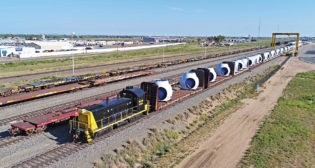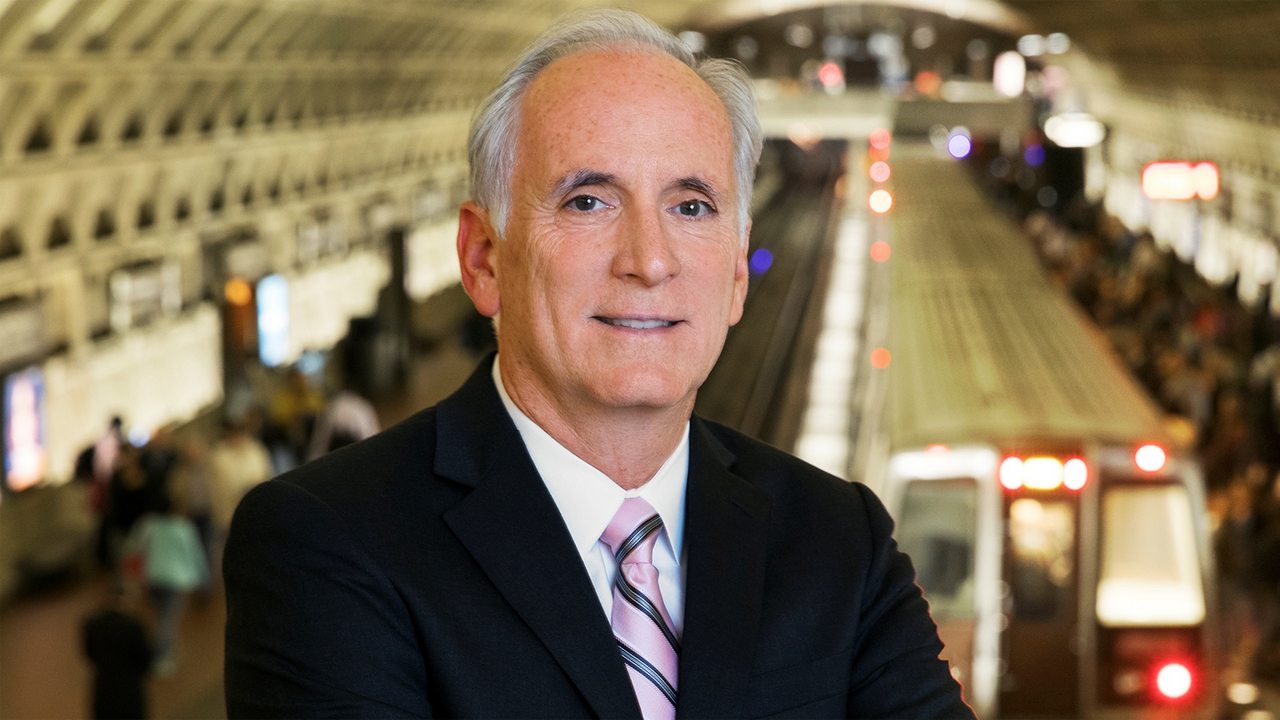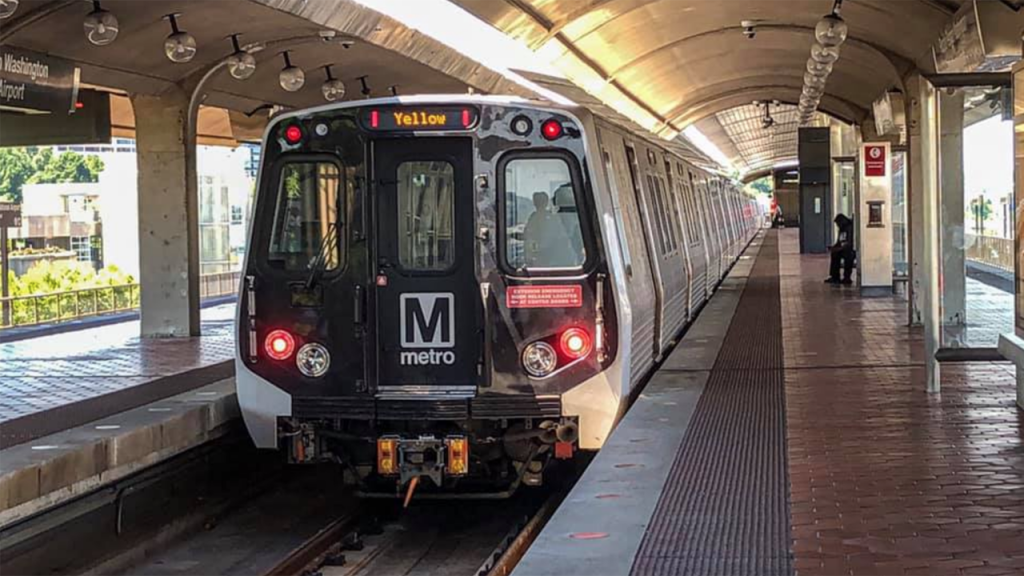
WMATA GM/CEO Paul Wiedefeld to Step Down
Written by Marybeth Luczak, Executive Editor
Paul J. Wiedefeld, General Manager and CEO, Washington Metropolitan Area Transit Authority
Washington Metropolitan Area Transit Authority (WMATA) General Manager and CEO Paul J. Wiedefeld has given notice that he will retire in six months, WMATA Board Chair Paul C. Smedberg reported on Jan 18.
Wiedefeld, 66, took on WMATA leadership in 2015, following service as CEO of Baltimore/Washington Thurgood Marshall International Airport (BWI), as Administrator of the Maryland Transit Administration, and in engineering project management with Parsons Brinckerhoff’s aviation practice.
Smedberg said the Board of Directors will conduct a national search for Wiedefeld’s replacement and will discuss succession planning publicly at its Feb. 10 meeting.
“Forty-plus years in transportation teaches you that there is no set mile marker for this decision, but given the seismic shifts happening in transit and the region, Metro [WMATA] needs a leader who can commit to several years of service and set a new course.” Wiedefeld said. “This gives the Board time to identify a successor and ensures an orderly management transition. During this period of transition, I will continue to advance several major priorities including opening the Silver Line extension, moving Metro’s headquarters to provide a safe work environment for employees, and restoring full rail and bus service for customers.”
“Paul is an extraordinary executive and the Board deeply appreciates his effective leadership and, most recently, his collaboration with us as we worked together to overcome an unprecedented set of challenges during the pandemic,” Smedberg said. The transit agency also credits Wiedefeld with the 2016 launch of SafeTrack, a maintenance program that achieved three years of critical track work in just over a year.
WMATA’s fiscal year ends on June 30, and the next budget for fiscal year 2023 takes effect July 1. An incoming chief executive will have an opportunity to work with the Board on its months-long process to determine service levels, set fares and adopt a budget for fiscal year 2024, according to the transit agency.




